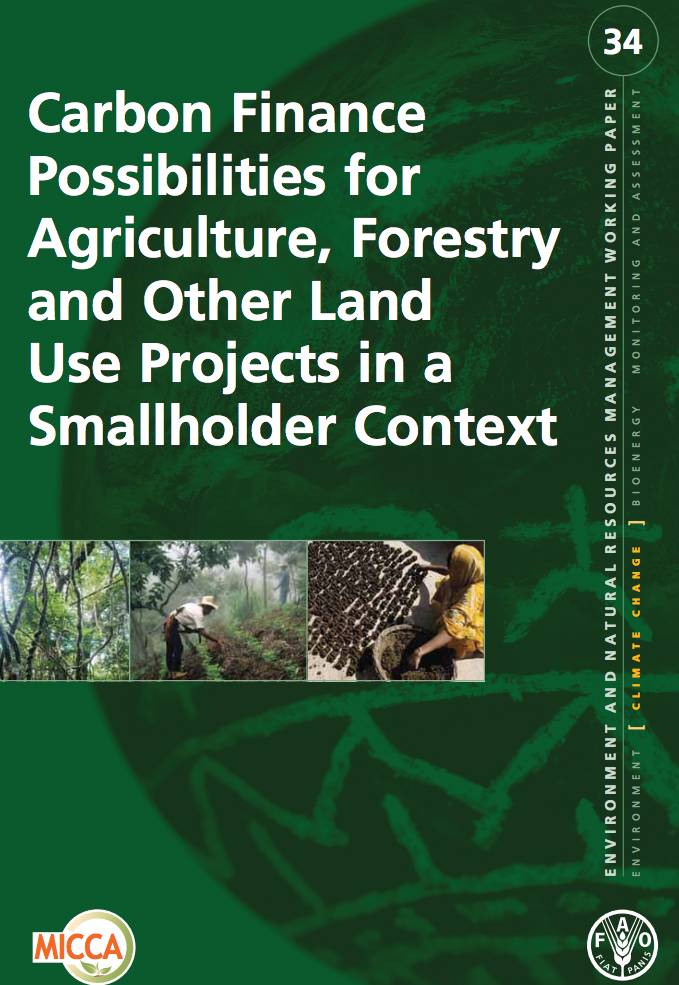Focal point
Location
The Food and Agriculture Organization of the United Nations leads international efforts to defeat hunger. Serving both developed and developing countries, FAO acts as a neutral forum where all nations meet as equals to negotiate agreements and debate policy. FAO is also a source of knowledge and information. We help developing countries and countries in transition modernize and improve agriculture, forestry and fisheries practices and ensure good nutrition for all. Since our founding in 1945, we have focused special attention on developing rural areas, home to 70 percent of the world's poor and hungry people.
Members:
Resources
Displaying 4891 - 4895 of 5074Governance of Land Tenure Eastern Europe and Commonwealth of Independent States (CIS)
Land Tenure Working Paper 16 Governance of Land Tenure Eastern Europe and Commonwealth of Independent States (CIS) looks at the land governance situation in the region. It has been prepared to provide a base for discussion for the regional consultation meetings on the FAO Voluntary Guidelines on Responsible Governance of Tenure of Land and other Natural Resources. The objective of the study is to evaluate the current land governance situation in the region and to identify main achievements as well as remaining challenges.
The Gender and Equity Implications of Land-Related Investments on Land access, Labour and Income-Generating Opportunities
In recent years, Zambia has witnessed increased interest from private investors in acquiring land for
agriculture. As elsewhere, large-scale land acquisitions are often accompanied with promises of capital
investments to build infrastructure, bring new technologies and know-how, create employment, and
improve market access, among other benefits. But agricultural investments create risks as well as
opportunities, for instance in relation to loss of land for family farmers. While much debate on ‘land
Global forest land-use change 1990-2005
This report presents the key findings on forest land use and land-use change between 1990 and 2005 from FAO’s 2010 Global Forest Resources Assessment Remote Sensing Survey.
It is the first report of its kind to present systematic estimates of global forest land use and change.
Questionnaire for Mapping Land Degradation and Sustainable Land Management (QM) Version 2
The WOCAT-LADA-DESIRE mapping tool is based on the original WOCAT mapping questionnaire (WOCAT, 2007). It has been expanded to pay more attention to issues such as biological and water degradation, it also places more emphasis on direct and socio-economic causes of these phenomena, including their impacts on ecosystem services. It evaluates what type of land degradation is actually happening where and why and what is being done about it in terms of sustainable land management (SLM) in the form of a questionnaire.
Carbon Finance Possibilities for Agriculture, Forestry and other Land Use Projects in a Smallholder Context
This booklet is intended to guide extension service advisors and institutions who work with small-scale farmers and foresters with an interest in Carbon inance and Carbon Projects. Its aim is to support setting-up carbon projects which involve small-scale farmers.
Their participation allows them to be involved in the development and implementation of
the project, influence the design of the project to generate positive impacts for the farmers
and increase their knowledge about carbon finance.








